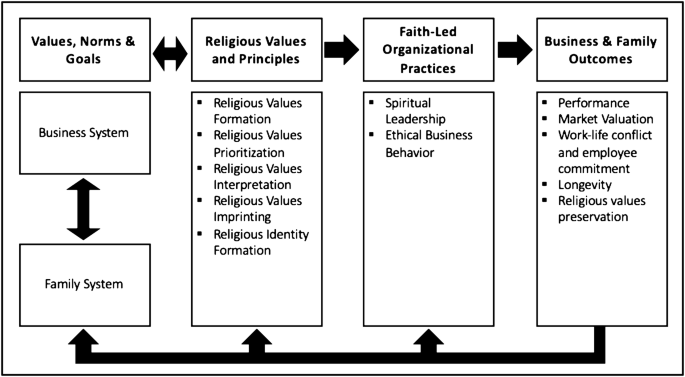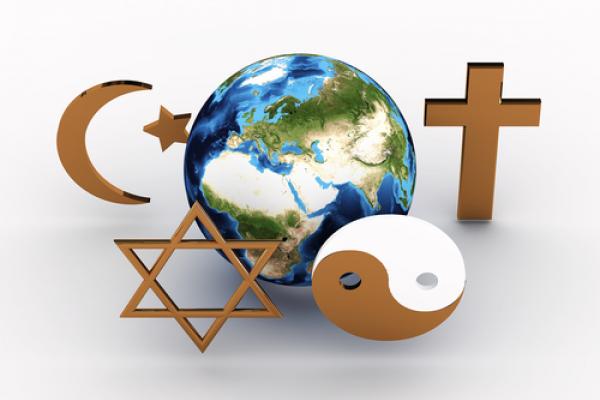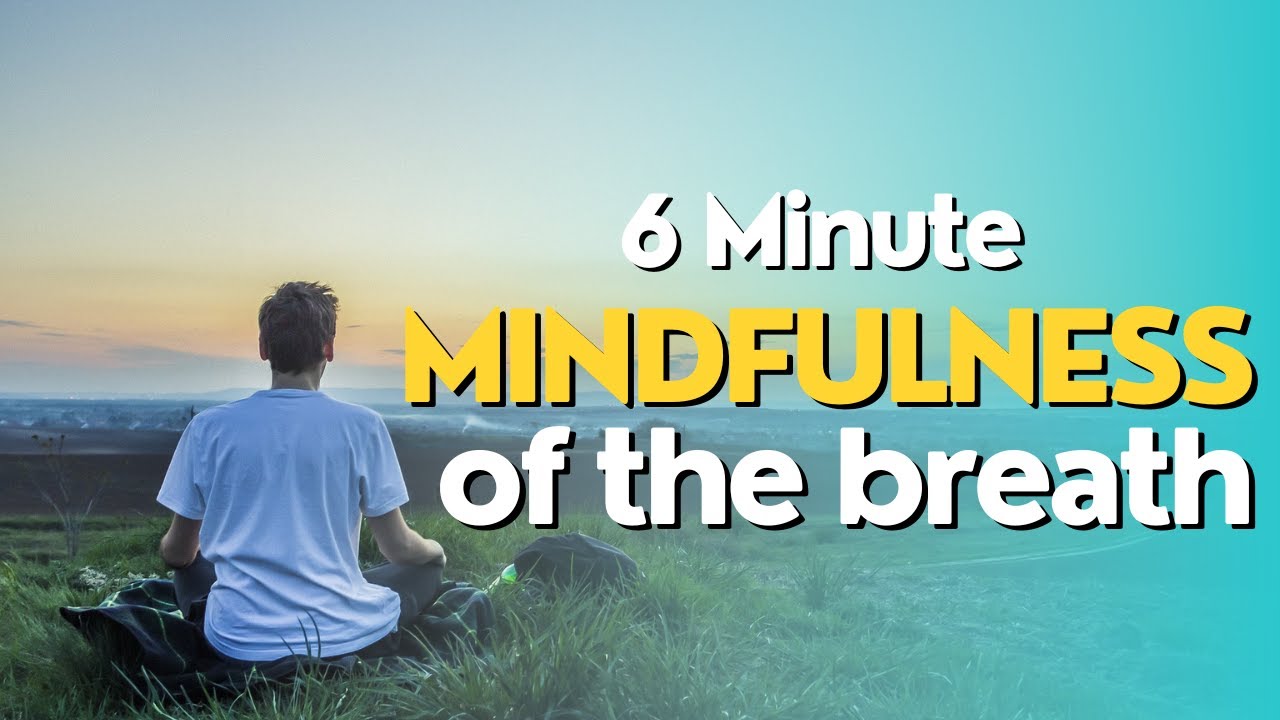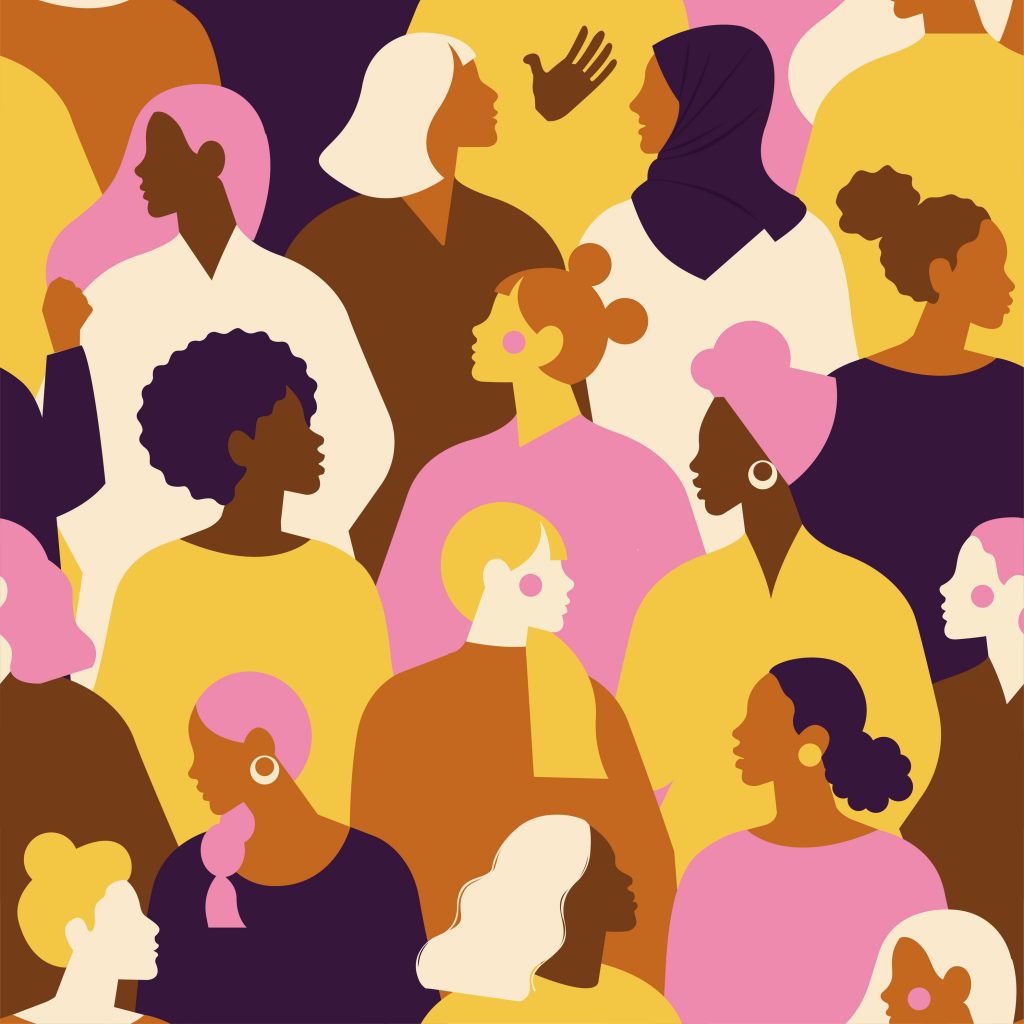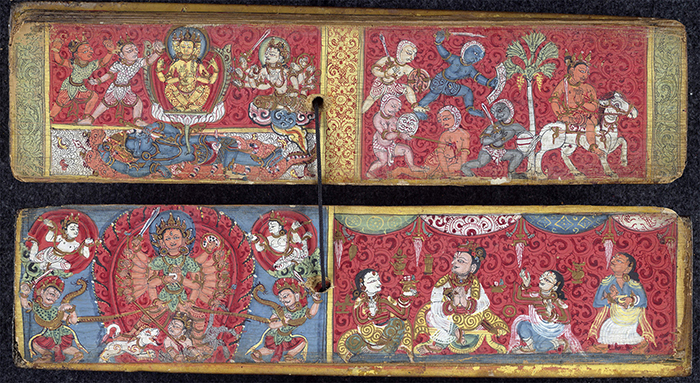Exploring the Intersection of Faith and Moral Values
In today’s diverse world, the intersection of faith and moral values is a topic of great significance. People’s beliefs play a crucial role in shaping their moral compass and guiding their actions. Understanding this intersection can provide valuable insights into the societal and personal impact of different faith perspectives. In this blog post, we will delve into this subject, exploring its intricacies and offering a comprehensive understanding of how faith and moral values intersect.
1. What is Faith?
Faith can be defined as a strong belief or trust in something beyond the physical realm, often associated with religious or spiritual convictions. It serves as a foundation for individuals, providing a framework for their understanding of the world and guiding their decision-making.
2. The Nature of Moral Values
Moral values are the principles and beliefs that govern a person’s behavior and determine what is considered right or wrong within a society. They encompass concepts such as honesty, compassion, justice, and respect. While moral values can be shaped by various factors, faith is a significant influencer for many individuals.
3. The Role of Faith in Shaping Moral Values
Faith and religious traditions often provide a moral framework that influences the values and ethical standards of their followers. Religious texts, such as the Bible, Quran, or Torah, offer guidance on moral behavior and provide a basis for adherents to develop their moral values.
4. Different Faith Perspectives on Moral Issues
Various religions have unique perspectives on moral issues, leading to a diversity of beliefs and values. For example, while some faiths emphasize the importance of pacifism and non-violence, others may have different viewpoints on warfare and self-defense. Understanding these perspectives is essential for fostering tolerance and promoting dialogue among different religious and cultural groups.
5. Challenges and Controversies
The intersection of faith and moral values is not without challenges and controversies. Conflicting interpretations of religious texts, evolving societal norms, and clashes with secular values can create tensions. Exploring these challenges allows for a deeper understanding of the complexities surrounding this intersection.
6. Personal Reflection and Practice
For individuals navigating their own faith and moral values, reflection and introspection are crucial. This process involves critically examining one’s beliefs and evaluating how they align with personal values and the wider community. Engaging in dialogue with others can also broaden perspectives and lead to personal growth.
7. Building Bridges and Promoting Understanding
To foster greater understanding and harmony between different faith communities, it is essential to recognize shared moral values and build bridges of dialogue. Emphasizing empathy, respect, and open-mindedness can create an environment where diverse perspectives are acknowledged and valued.
In conclusion, the intersection of faith and moral values plays a pivotal role in individual and communal lives. The relationship between faith and moral values is complex and multifaceted, influenced by cultural, historical, and personal factors. By exploring this intersection with an open mind, we can develop a deeper understanding of ourselves, others, and the world we inhabit. Embracing diversity, acknowledging shared values, and promoting dialogue are essential steps toward a more inclusive and compassionate society.







